
Oil, Gas Executives Expect Spending Boost
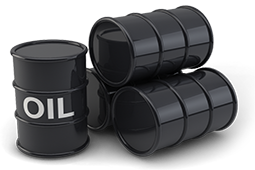
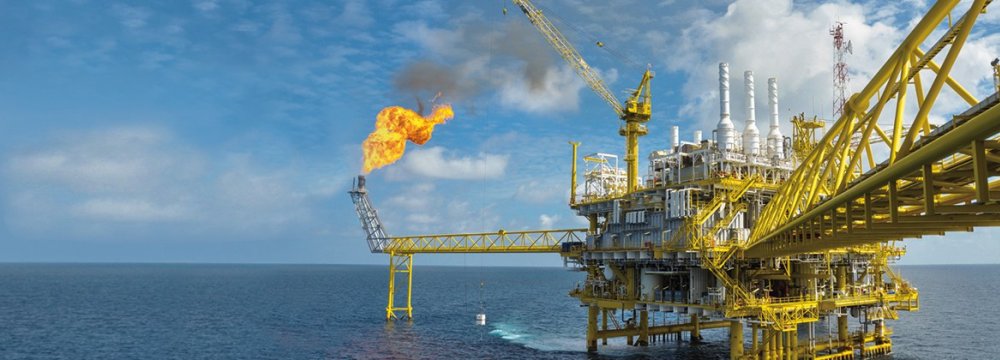
DNV, a technical adviser to the energy industry, surveyed 791 senior professionals from firms with annual revenue ranging from $500 million or less to those earning $5 billion and more, Reuters reported.
BP, Shell and many other companies cut capital spending and costs in 2016 after the price of benchmark Brent crude fell to a 12-year low of below $30 a barrel.
Helped by output cuts by the Organization of the Petroleum Exporting Countries and its allies, Brent climbed to an average price of $70 last year compared to $50 for the period 2015 to 2017. It was trading above $62 a barrel on Monday.
DNV’s annual outlook of the global oil and gas industry showed 70 % of respondents planned to maintain or increase capital spending in 2019, compared to 39% in 2017.
Those expecting to sustain or increase operating expenditure also grew to 65% in 2019 from 41% in 2017.
In addition, 67% believed more large, capital-intensive oil and gas projects would be approved this year.
“Despite greater oil price volatility in recent months, our research shows that the sector appears confident in its ability to better cope with market instability and long-term lower oil and gas prices,” said Liv Hovem, who heads DNV’s oil and gas division.


Codelco seeks restart at Chilean copper mine after collapse

Hudbay snags $600M investment for Arizona copper project

Uzbek gold miner said to eye $20 billion value in dual listing

BHP, Vale offer $1.4 billion settlement in UK lawsuit over Brazil dam disaster, FT reports

Peabody–Anglo $3.8B coal deal on the brink after mine fire

A global market based on gold bars shudders on tariff threat
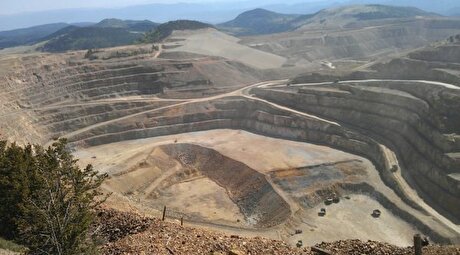
SSR Mining soars on Q2 earnings beat

Minera Alamos buys Equinox’s Nevada assets for $115M

Century Aluminum to invest $50M in Mt. Holly smelter restart in South Carolina
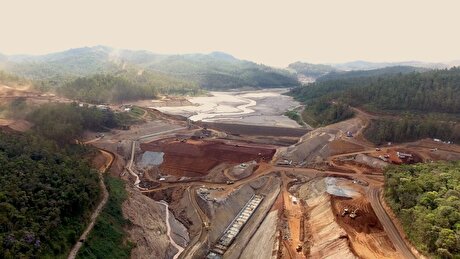
Samarco gets court approval to exit bankruptcy proceedings
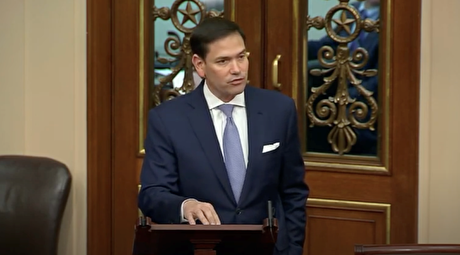
US eyes minerals cooperation in province home to Reko Diq
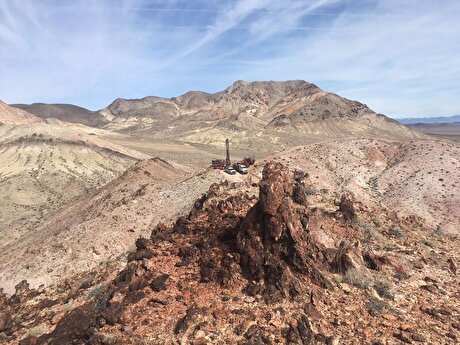
Allegiant Gold soars on 50% financing upsize

Explaining the iron ore grade shift

Metal markets hold steady as Trump-Putin meeting begins

Trump to offer Russia access to minerals for peace in Ukraine

Gemfields sells Fabergé luxury brand for $50 million

Gold price stays flat following July inflation data
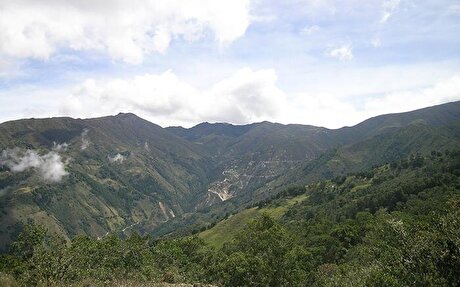
Eco Oro seeks annulment of tribunal damage ruling
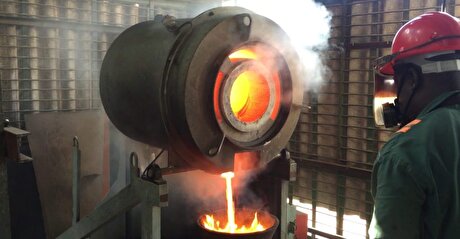
Zimbabwe labs overwhelmed as gold rally spurs exploration, miner says

Samarco gets court approval to exit bankruptcy proceedings

US eyes minerals cooperation in province home to Reko Diq

Allegiant Gold soars on 50% financing upsize

Explaining the iron ore grade shift

Metal markets hold steady as Trump-Putin meeting begins

Trump to offer Russia access to minerals for peace in Ukraine

Gemfields sells Fabergé luxury brand for $50 million

Gold price stays flat following July inflation data

Eco Oro seeks annulment of tribunal damage ruling














